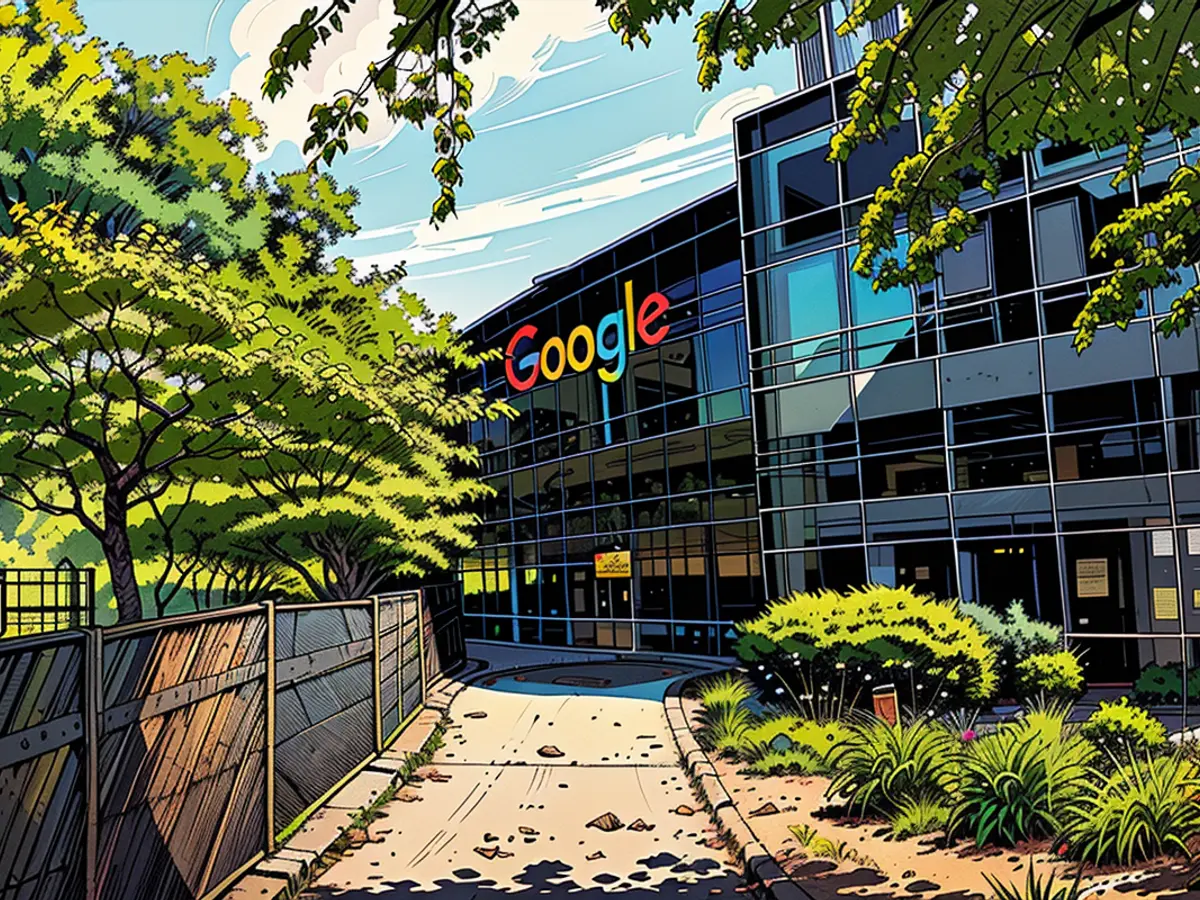Google consents to pioneering agreement to finance California newsrooms, yet journalists denounce it as a catastrophe.
The proposal involves a $250 million investment over five years, with Google contributing $125 million and the state contributing the remaining amount. The majority of this funding will be utilized to support newsrooms in California. Additionally, an artificial intelligence "boost" will be established, aimed at enhancing journalistic tasks.
This development puts an end to a contentious bill, known as the California Journalism Preservation Act, by state assemblymember Buffy Wicks. This bill sought to compel tech companies, such as Google and Meta, to financially support news organizations for online content distribution. The bill resembles laws implemented in Australia and Canada, aimed at sustaining local news businesses impacted by the tech industry's rise.
In a statement, Wicks expressed, "As technology and innovation advance, it's crucial that California continues advocating for journalism's significant role in our democracy." She praised the agreement as a multisector commitment to bolstering a free and dynamic press, enabling local news outlets across the state to persist in their crucially important work.
Governor Gavin Newsom, who had remained silent on the bill, subsequently praised the deal, calling it "a significant stride towards ensuring newsrooms' survival and strengthening local journalism throughout California, leveraging significant tech industry resources without imposing new taxes on Californians."
News publishers have been grappling with numerous challenges in recent years, resulting in significant layoffs and the closure of various outlets due to the rapid decline in advertising revenues and shifting audiences from conventional publications to big tech platforms.
Interestingly, the agreement also supports an "National AI Innovation Accelerator," providing funds for AI development, a concern shared by journalists who fear AI could potentially jeopardize their industry and further fuel distrust in news reporting.
The deal received support from the California News Publishers Association, along with Google's parent company and OpenAI. However, it was met with criticism from journalists' unions, who had backed Wicks' bill but were excluded from the agreement.
In a joint statement, the unions expressed, "The future of journalism should not be shaped in secret deals. The Legislature attempted to regulate monopolies and utterly failed. Now, we question whether the state has done more harm than good." California's journalists and news workers expressed their opposition to this deal with Google and condemned the news executives who consented to it in their name.
The deal also encountered opposition from other Democrats in the California legislature, such as state Senator Steve Glazer, who had proposed a bill offering tax credits for hiring full-time journalists.
Glazer criticized the proposal during a press conference, stating, "Despite the good intentions of the parties involved, this proposal does not provide sufficient resources to pull independent news gathering in California out of its downward spiral. Google's offer is insufficient and significantly falls short of matching their settlement agreement in Canada in supporting local news reporting."
The deal came after Google decided to restrict news content in California due to Wicks' proposed bill, inciting anger from news outlets in the state.
The News/Media Alliance, representing American newspapers and online publications, wrote to the Department of Justice, Federal Trade Commission, and the California Attorney General, requesting an investigation into whether Google violated any laws by limiting news outlets' access.
Before the Canadian law requiring digital platforms to compensate news publishers for their work was implemented, Google had threatened to take similar action in Canada. However, they eventually agreed to pay publishers for their news content, contributing $74 million annually to a fund designated for distributing funds to publishers under Canada's Online News Act.
This partnership between Google and the state will provide substantial financial support to newsrooms in California, contributing to the business aspect of local journalism. The agreement also includes an initiative to enhance journalistic tasks using artificial intelligence, further involving the media sector.
California's journalists' unions, however, criticize the deal, expressing concerns about the future of journalism being shaped behind closed doors and questioning if the state has inadvertently caused more harm than good.








